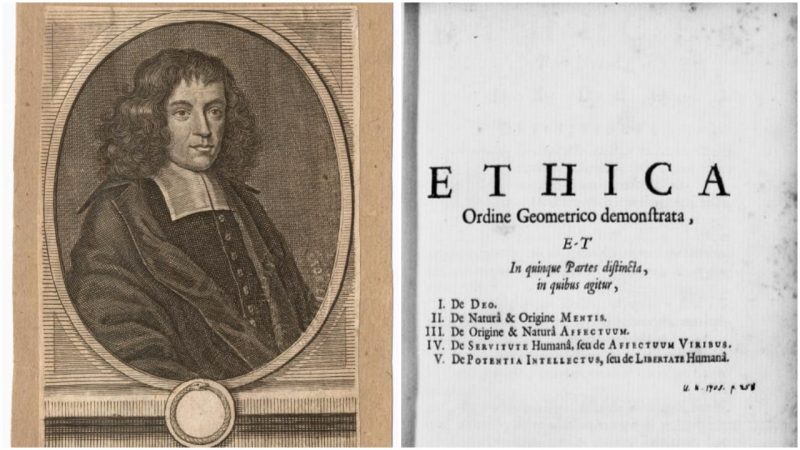Dutch philosopher Baruch Spinoza is regarded as one of the greatest rationalists of the 17th century. Prominent French philosopher, Gilles Deleuze named him the “prince of philosophers” because of his immense contribution to the domain of Western philosophy.
Spinoza’s main fields of interest were ethics and metaphysics, but he is also known for his meditations on the authenticity of the Hebrew Bible and the nature of the divine, which were the main reasons for his notoriety within the Jewish community.
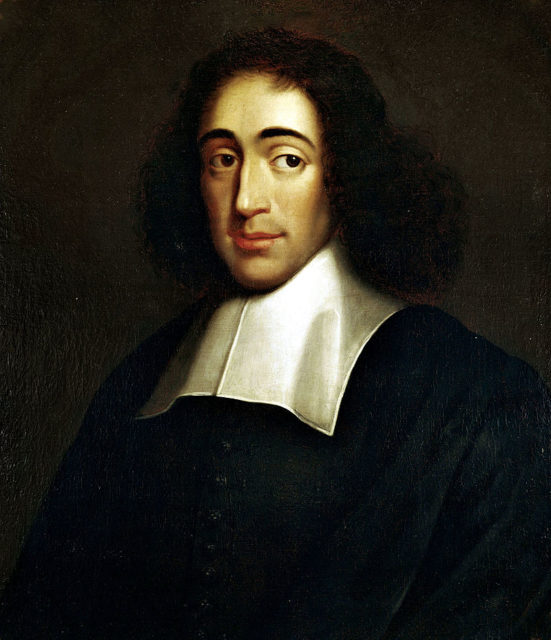
Spinoza was raised in a traditional Jewish community, and he diligently obeyed Jewish religious traditions until his early twenties, when he discovered the anti-clerical rationalistic teachings of the Remonstrants and the Mennonites and befriended members of several dissident Christian groups. Although Spinoza already questioned the traditional Jewish dogmas and the indisputable authority of divine laws, at that time he began to criticize the Hebrew Bible openly.
The traditional claim of Judaism was that the first five books of the Old Testament, known as the Torah, were written by Moses himself. Spinoza was the first philosopher who dared to confront that, claiming that the Torah was in fact written by many different authors who compiled their writings into the final form of the sacred scripture. He also thought that the miracles described in the Torah had never actually happened, but were either allegories, exaggerations or fictional stories.
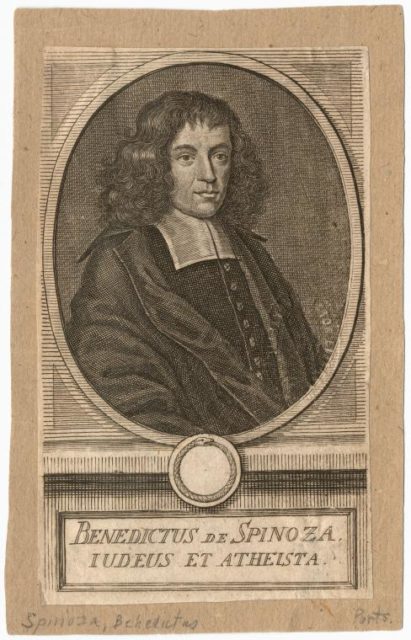
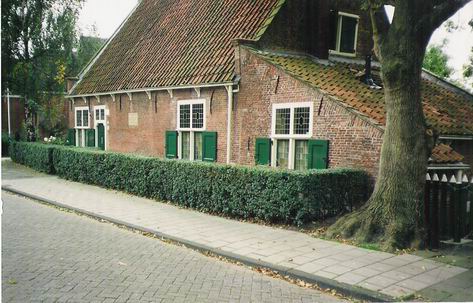
The Jewish community reacted furiously to Spinoza’s claims, and the Talmud Torah congregation of Amsterdam issued a “herem” against him in 1656. Herem is a document that utilizes the Jewish form of excommunication; Spinoza was declared a heretic and shunned from the Jewish community. At that time, shunning was not an unusual practice for dealing with heretics within the Jewish community, but the text of the herem against Spinoza was unusually harsh:
“Cursed be he by day and cursed be he by night; cursed be he when he lies down, and cursed be he when he rises up; cursed be he when he goes out, and cursed be he when he comes in. The lord will not spare him; the anger and wrath of the Lord will rage against this man, and bring upon him all the curses which are written in this book, and the Lord will blot out his name from under heaven, and the Lord will separate him to his injury from all the tribes of Israel with all the curses of the covenant, which are written in the Book of the Law”.
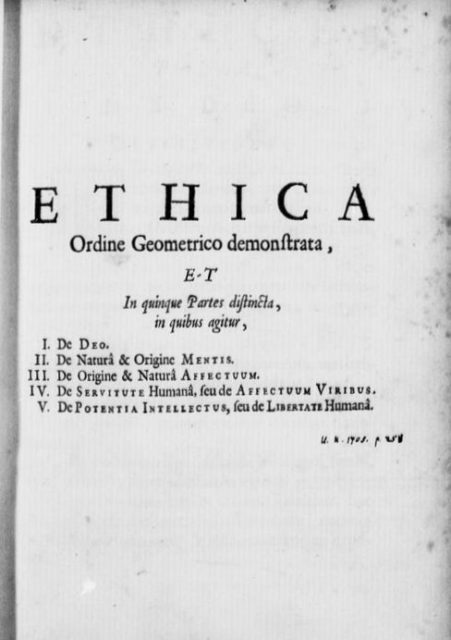
The Jewish religious authorities went as far as to expel Spinoza from Amsterdam, and he was forced to move to Ouderkerk Aan de Amstel, a small village near Amsterdam.
He returned to Amsterdam only for a short time and wrote several philosophical works, including the “Short Treatise on God, Man and His Well-Being.” He spent his final years in the Dutch town of Rijnsburg, where he wrote his most important work, Ethics, which was published after his death.
